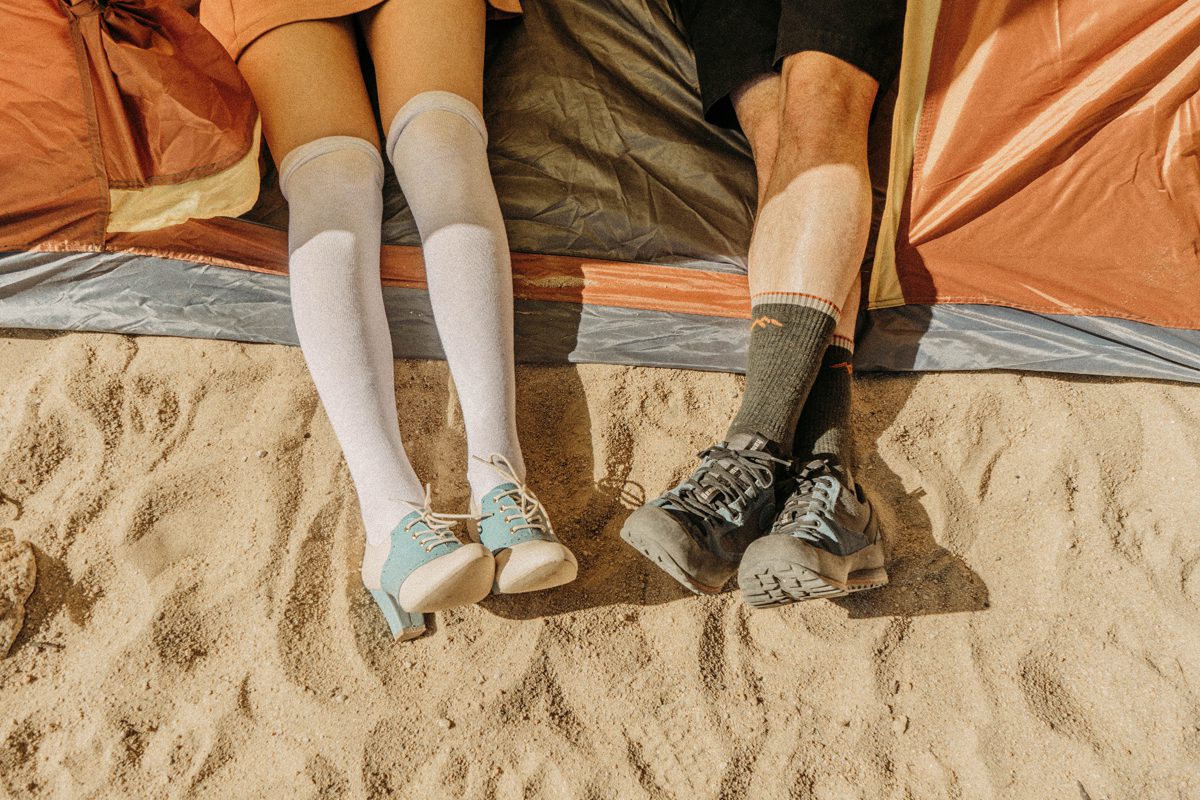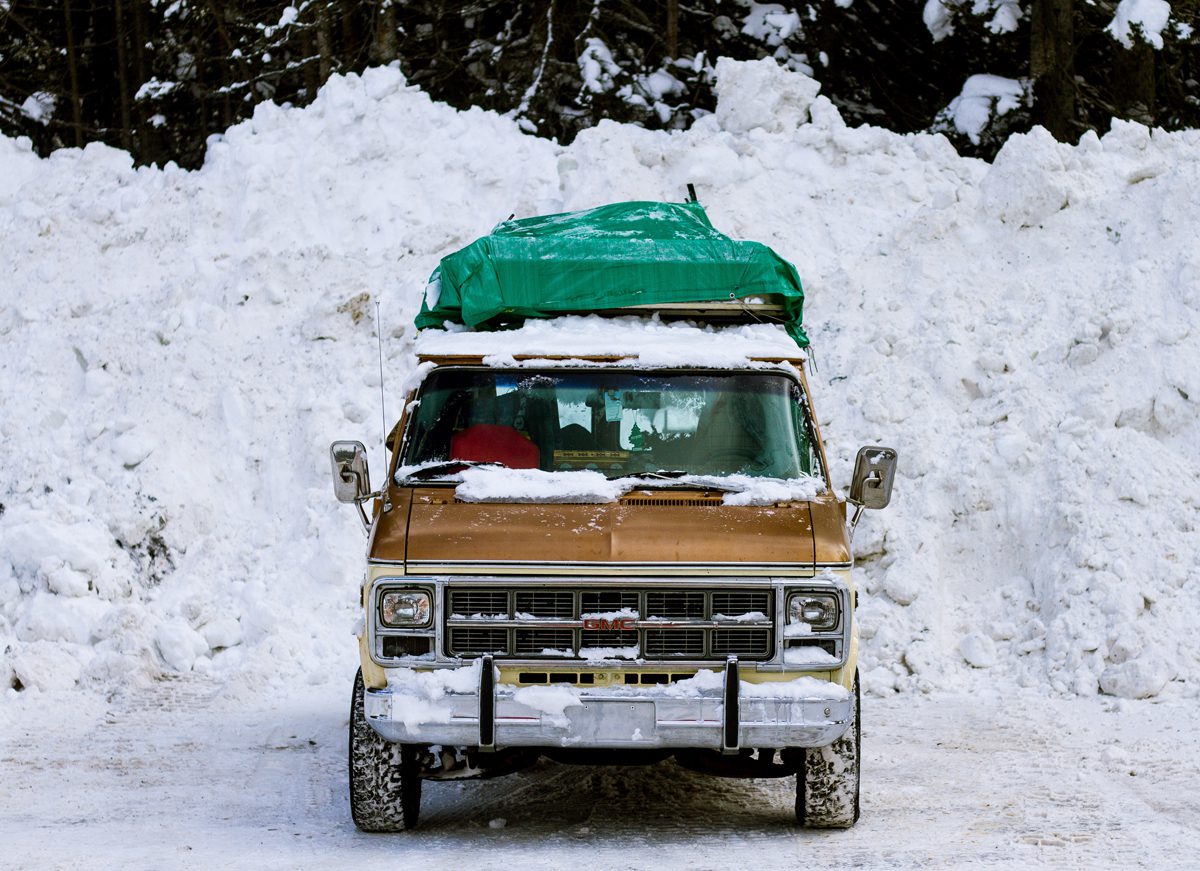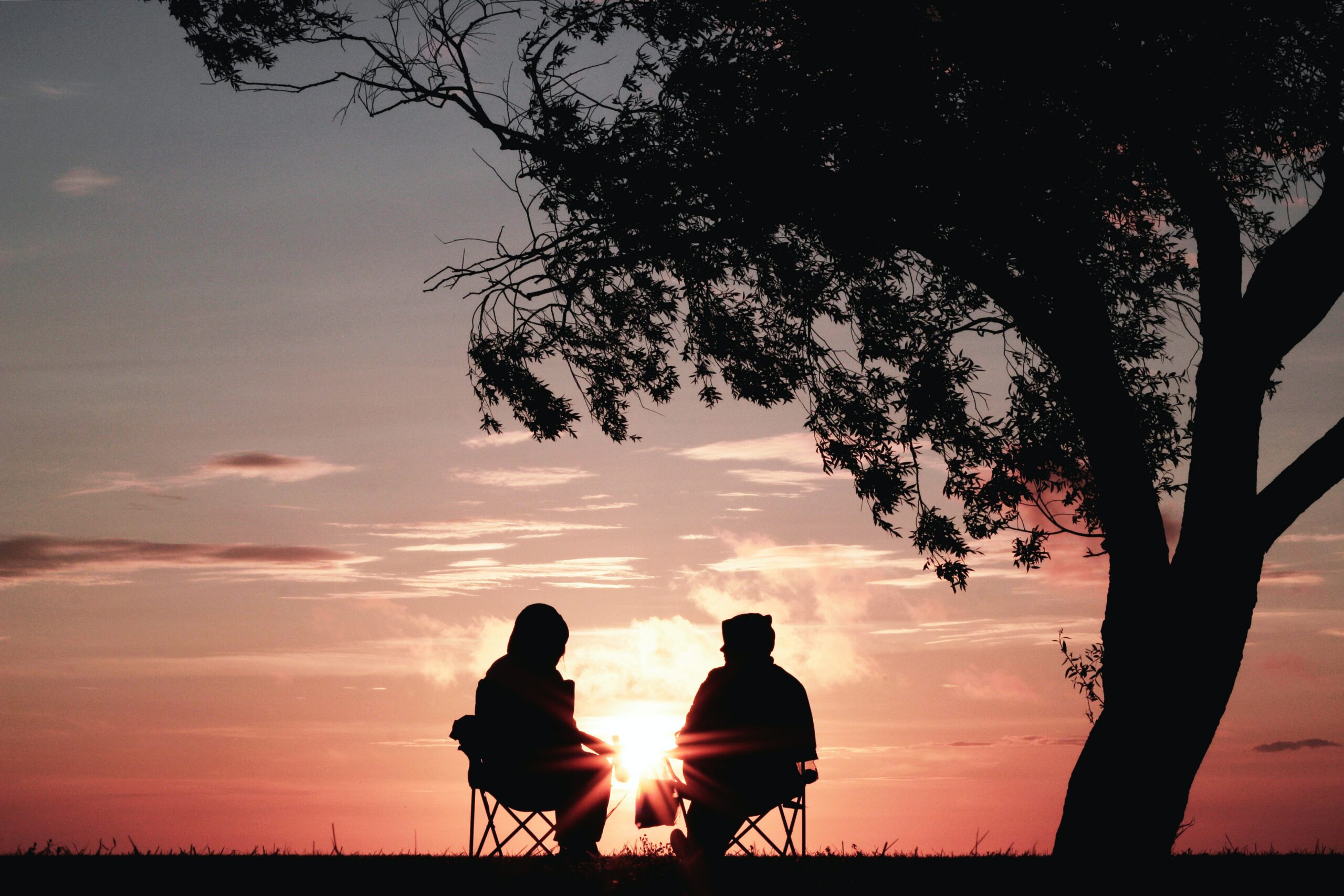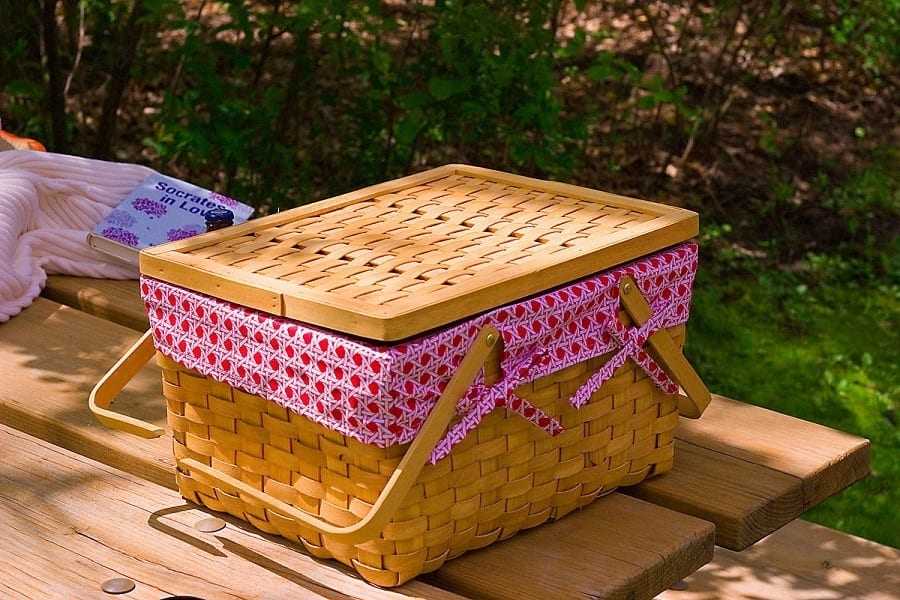Phone
+1-650-666-095
Contact E-mail
[email protected]
Address
16192 Coastal Hwy, Lewes, DE 19958-3608
Pros And Cons Of Used Camping Gear
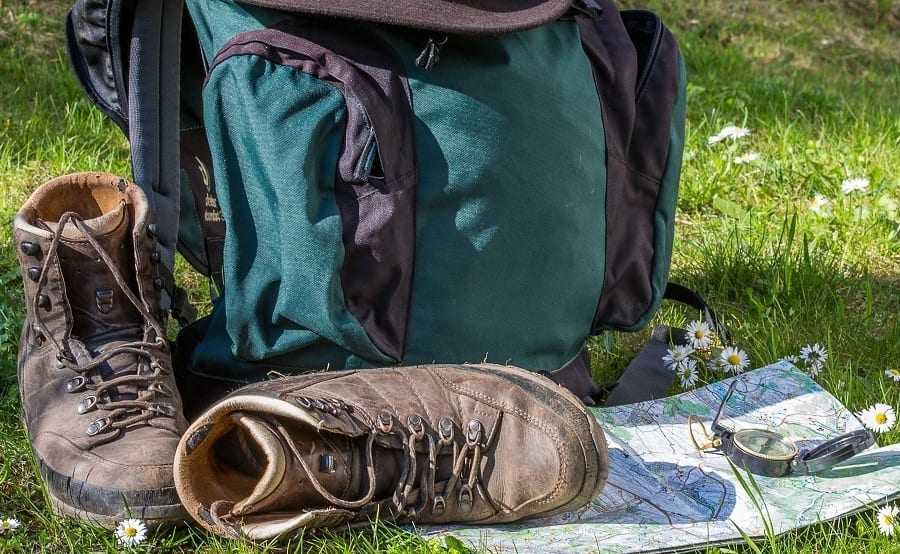

There’s no doubt that camping is a great adventure, but when you add up everything you need to get into the great outdoors it can be a costly one, too. There’s sleeping bags, sleeping pads, tents, clothing, food supplies, and more, not to mention any additional gear you’d need for hiking. All in all, it adds up to quite a bit.
If you find an opportunity to save some money when looking for gear, you might want to consider used camping gear. Provided you can find it in good condition and suitable for your needs, there are times when used outdoor gear can be a lifesaver.
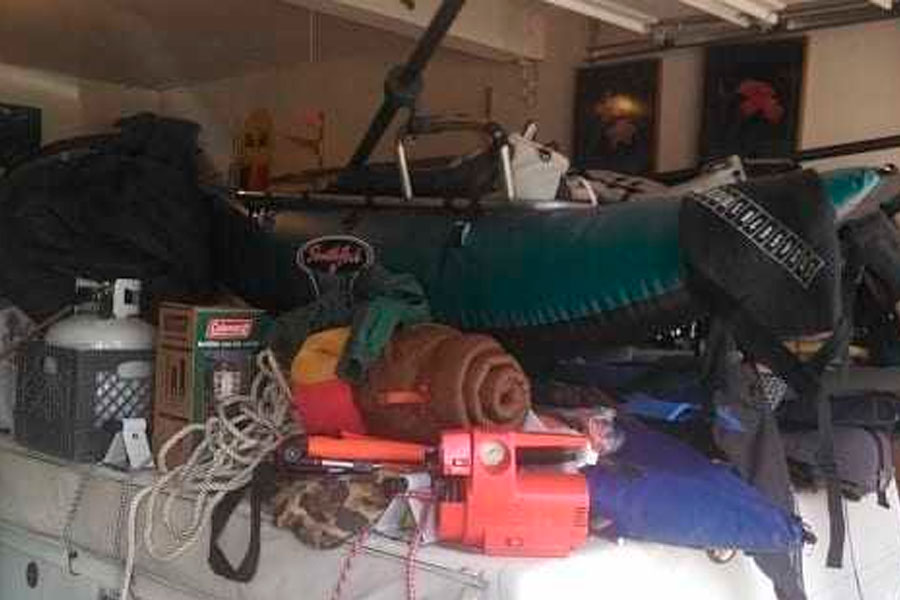

However, with all of the perils and special needs that the great outdoors has, used backpacking gear and camping supplies might not always be a smart approach. We’ll look at the pros and cons of buying used camping gear and when it’s better to stick to the new stuff.
Pros Of Used Camping Gear
If you’re able to find some quality gear, there are times when used hiking gear and camping supplies could be beneficial. Here are some of the pros it offers:
Affordable
The key benefit of used gear is the reduced cost. Some camping equipment can be expensive so having this cheaper option can certainly make it easier to purchase.
Access To Better Brands
Buying your gear second-hand means you’re able to invest in higher quality brands but for a lower cost. These premium brands might be out of your range usually if you had to pay full price for them.
Cons Of Used Camping Gear
Although it’s great to save some money when you’re stocking up on supplies, it’s not always the best thing to buy used camping gear from someone else. Here are some possible downfalls to this approach.
Damaged
You can only look so much at an item before you buy it, and there’s no telling if there’s damage to the gear you buy that might not be noticeable upon the first inspection. Getting out into the woods and finding out something you rely on is faulty could mean serious trouble when you’re camping.
No Warranty
Most quality camping gear is backed by a warranty so you have some reassurance of its quality. However, used gear will almost always be past its warranty period and out of your reach.
Used Condition
Buying used camping gear might be okay in some situations, but sleeping on used pads, wearing second-hand outdoor clothes, or using old sleeping bags can lead to a number of other problems including bug infestations or unpleasant smells.
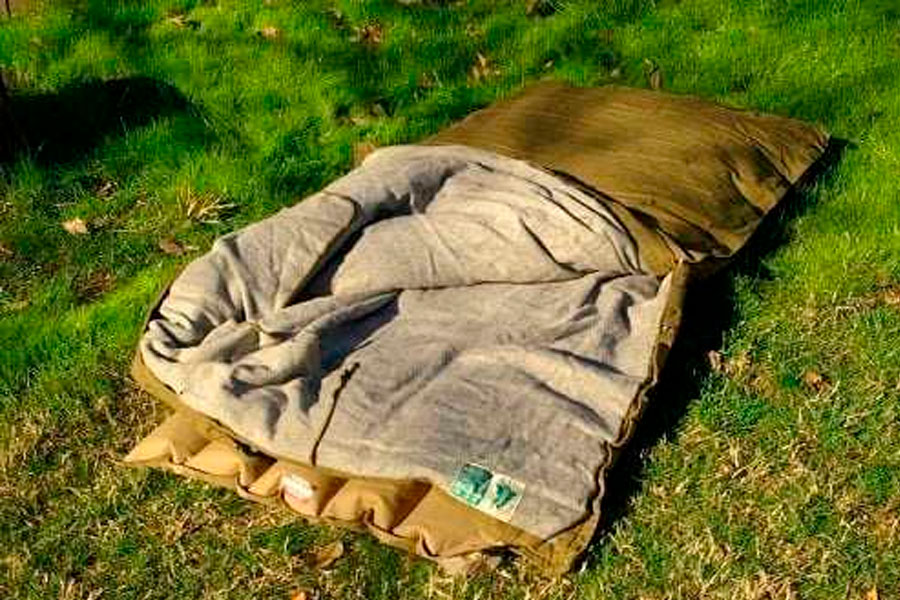

What It’s Best To Go With New Gear
There are times when you should never settle for second-hand supplies, and others when it would usually be okay. Think about more personal use items like your sleeping pad, sleeping bag, tent, and others that you rely on, and question whether you would be comfortable using something that someone else has already lived in.
Other items like cooking gear, gas burners, and hiking supplies are generally fine to purchase second hand, as they can be easily cleaned. You can get a good idea upon the first inspection of them whether or not they’re damaged or of poor quality, so it’s well worth it to take a risk.
What To Look For When Buying Camping Gear
Whether you’re buying new or old camping gear, you need to have peace of mind that it’s of good quality. Being that far out in the wilderness usually means being away from civilization, so it’s not a time when you want to leave your survival supplies up to chance. Here are some things to look for when purchasing your gear.
Wear And Tear
Second-hand gear isn’t going to be in perfect condition usually, but it depends just how much wear and tear you think is acceptable. Holes in things just like tents and sleeping bags won’t be acceptable, but a dent in a cooking pan is probably manageable.
Smells
The last thing you want when you’re away from your laundry is to find out that old sleeping bags or outdoor clothes you’ve bought have an unpleasant smell. Sometimes these don’t come out until you’re in the wilderness or you get damp, so be cautious.
Bugs, Mold Or Other Infestations
It’s quite easy for infestations to occur within camping gear, and if someone is selling theirs off cheaply it’s quite reasonable to be cautious. Look for signs of infestation from moths, bed bugs, mold and mildew as this likely points to a bad purchase.
Warranty Period
You may come across second-hand camping gear that’s still covered by a warranty. If this is the case, be sure to retain the receipt and any other information that will make it easy for you to return it if need be.
Price
It might seem as if you’re getting a great deal on second-hand gear, but before you go ahead you need to do your research. There are now some great brands out there that make affordable camping gear so there’s no need to buy anything in used condition or camping gear sale campaigns that occur throughout the year.
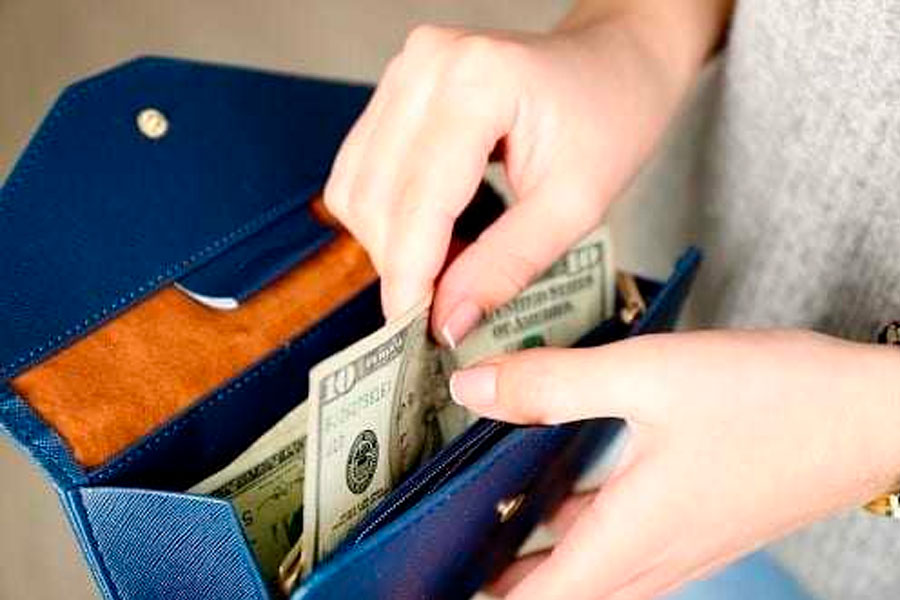

Knowing The Right Time To Buy New
Second-hand gear always comes with a risk involved, but sometimes the benefit of saving money can be alluring. The best way to approach your used camping gear is to purchase things that are okay in this condition, like cooking gear or a kayak.
For other items that you rely on for comfort and protection, like a tent and sleeping bag, exercise caution. You don’t want to be out in the wilderness with a tent that’s got holes in it, and all because you wanted to get yourself a bargain.
Resources:

